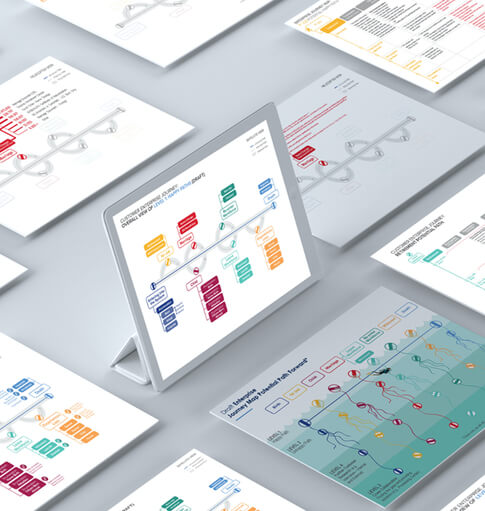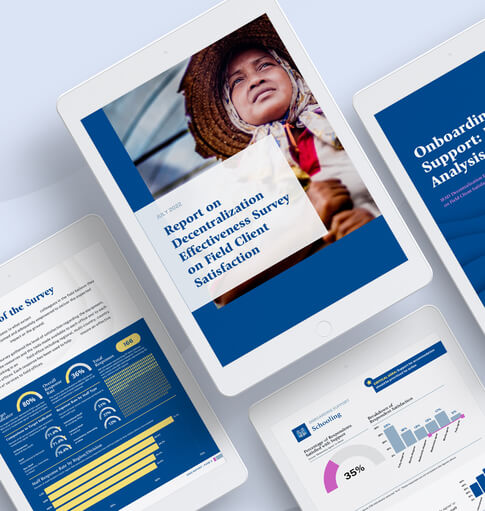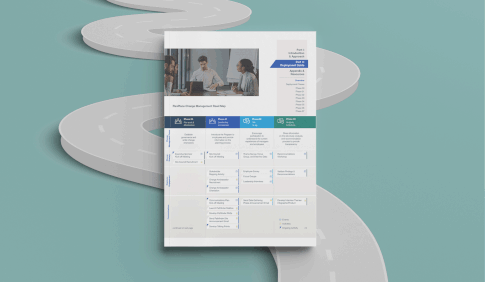How often do you hear organizations talk about the importance of accountability or personal responsibility? It’s listed in their core values, encouraged between employees, and promoted with customers. Since accountability is a critically important driver of success, more organizations should consider accountability at the earliest stage of engaging potential hires.
Think about it — most org charts are riddled with nouns to describe their employees. The little boxes are filled with labels like Vice President of Sales, Marketing Director, Chief of Operations, Human Resource Manager, and Chief Information Officer. It’s a diagram of nouns. These titles describe who people are, but do little to tell us what people actually do and do nothing to make clear people’s accountabilities.
Drill down to discover where the action and the accountability can be found. It’s in the verbs. Verbs matter because they are powerful, and some verbs are more powerful than others. For example, the title VP of Sales might be followed by the job description, “Lead company sales efforts.” “Lead” is a nice sounding verb, but it offers no real accountability. What if the description of the job for VP of Sales was, “Close sufficient deals to make it possible for the VP of Operations to meet or exceed monthly billing targets for staff.” The verb “close” is much more powerful than the verb “lead.” How the VP of Sales closes these deals is up to him or her, but the verb makes them accountable.
Increase Accountability by Rethinking Your Verbs
Next time you are writing a job description, consider your verbs. Using powerful verbs in a job description can attract the type of employee who is willing to be accountable. High power verbs = high accountability and weak verbs = weak accountability.
What kinds of verbs are embedded in your organization’s job descriptions or in your own resume? Use the following guide to do a “verb audit” and see if your organization can use more powerful verbs to attract accountable employees.
Job seekers — you should use this tip too. Take a few minutes to do a “verb audit.” Using the list provided, how might you improve the verbs in your resume, your online profiles, and your professional bio? Being associated with powerful verbs makes you more significant and accountable, which can establish the case for more compensation. Power up the verbs and power up your wallet.
The Verb Ladder
Weak – Moderate – High
Participate – Negotiate – Own
Collaborate – Lead – Cause
Market – Sell – Make
Explore – Partner – Supply
Try – Ensure – Produce
Advise – Mentor – Close
Suggest – Consider – Establish
Assess – Teach – Maintain
Analyze – Help – Determine
Monitor – Assist – Decide
Whether you are a hiring manager or a job seeker, don’t be surprised if you find weak verbs lurking around. That’s because we instinctively know, the weaker the verbs the harder it is to judge. High power verbs create the possibility for judgment and failure. We live our lives desperately trying to avoid shame. Hunt for weak verbs and replace them with powerful verbs to power up your employees and your organization.
This article first appeared on Inc.com.

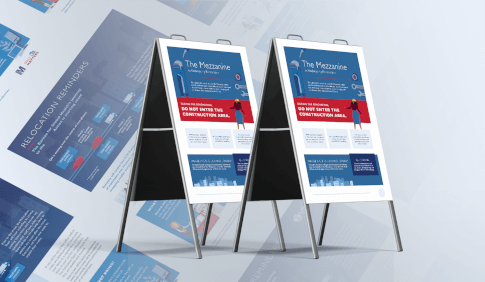
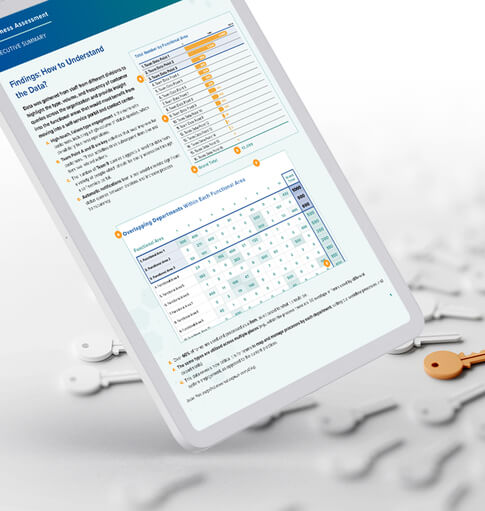
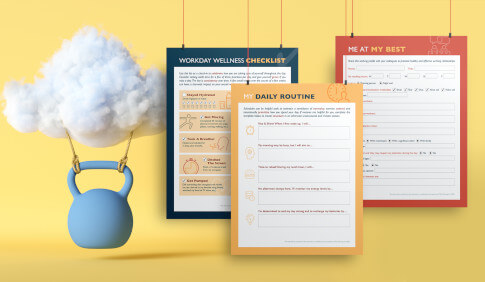


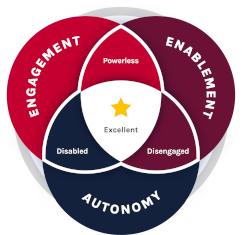 The Clearing’s Employee Experience
Improvement model, adapted from Itam
& Ghosh, 2020, focuses on three objectives:
The Clearing’s Employee Experience
Improvement model, adapted from Itam
& Ghosh, 2020, focuses on three objectives: 




